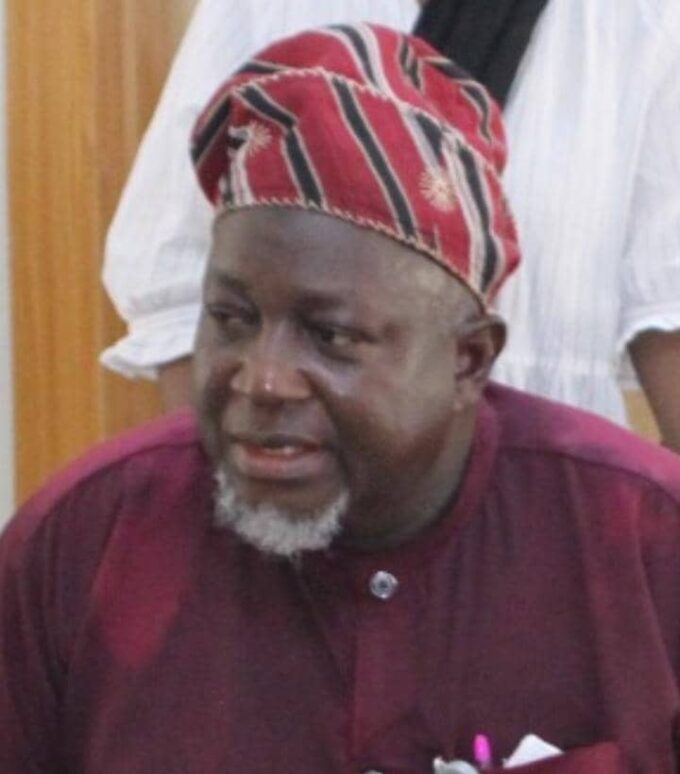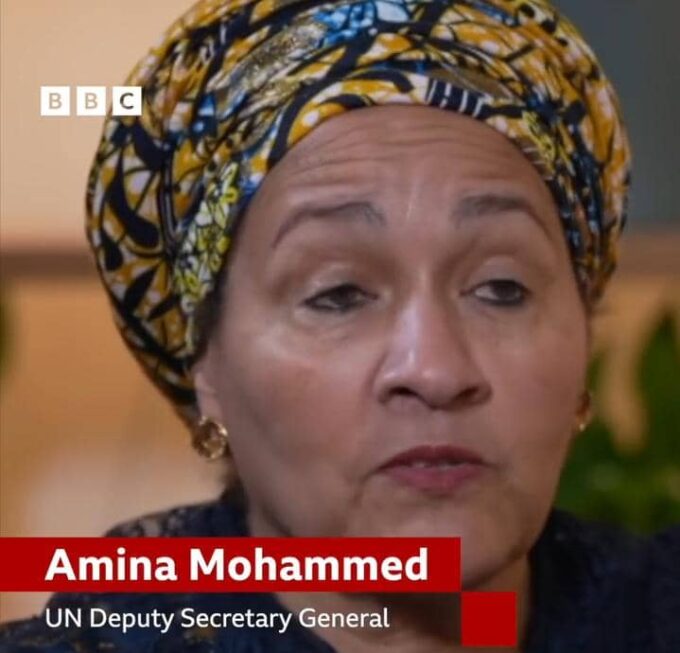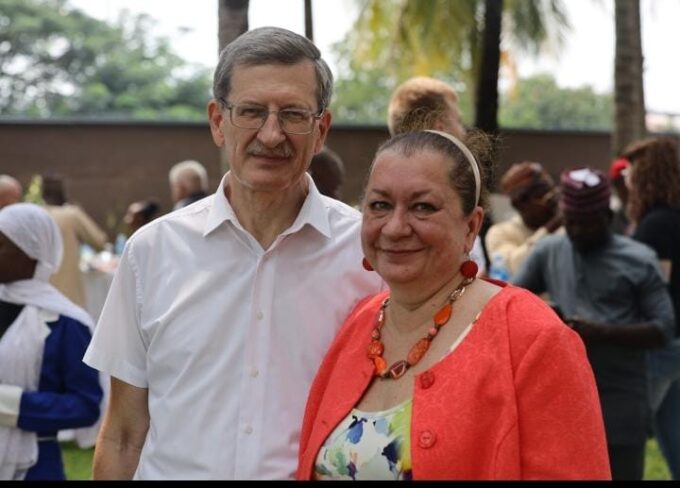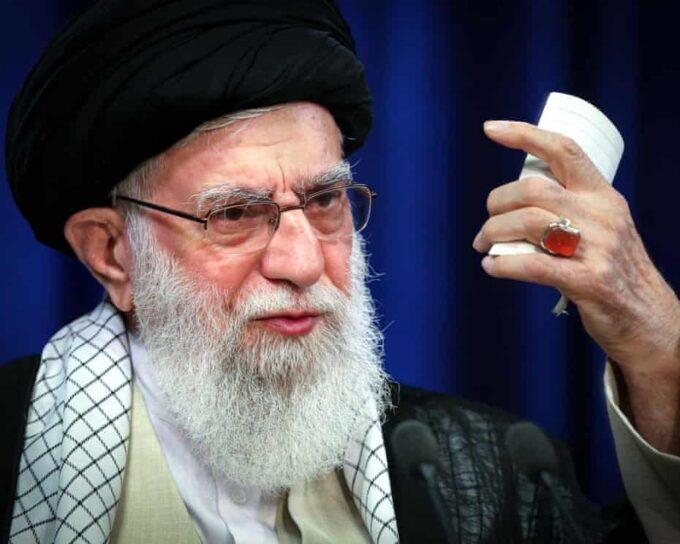Further consolidating their breakaway from the regional economic bloc earlier in the year, Mali, Burkina Faso and Niger have slammed a 0.5 per cent levy on imported goods, a decision that is expected to impact negatively on the already low intra-regional trade and weaken the Economic Community of West African States (ECOWAS).
The move, experts have said, is also a blow to the African Continental Free Trade Agreement (AfCFTA), which has seen a sluggish implementation a decade after it was adopted.
With intra-continental trade still very low and hovering at 14 per cent, trade experts are worried that the hasty decision by the Sahel states would have thrown a spanner into inter-governmental efforts embarked upon to address the tariff barriers.
Even if the saddening events do not affect the intra-West African trade volume in absolute terms, the region may lose the traction of trade formalisation, which saw Nigeria increasing its documented trade with some of the countries by hundreds of folds last year.
Sadly, the decision comes amid worry over the potential danger of the global tariff war for Africa, which must strengthen regional ties to prevent further economic subjugation.
The new levy, which will apply to all goods imported from outside the three countries, is effective immediately and is supposed to finance the countries’ newly formed union following their collective exit from ECOWAS.
The three West African nations, all governed by military juntas that rose to power through recent coups, launched the Alliance of Sahel States in 2023 as a security pact.
Over time, the alliance evolved into an aspiring economic union with plans to promote deeper military and economic integration, including the introduction of biometric passports.
None of the Sahel countries in question is among top 10 African countries Nigeria imports from in Africa. Last year, South Africa, Ivory Coast, Senegal, Cameroon and Togo, accounted for 90.95 per cent of exports to Africa. But Nigeria’s trade with the neighbouring countries has grown recently.
Nigeria’s trade with other ECOWAS countries is negligible. Last year, its import rose from N164 billion to N600 billion. As significant the growth may appear, it was a mere one per cent of the country’s total import.
Also, the export was N5.28 trillion as against N2.24 trillion recorded in 2023. The value of export to ECOWAS countries, including the Sahel region, was 6.8 per cent of the country’s exports.
Republic of Benin and Niger are seventh and ninth of Nigeria’s 10 top export partners. Last year, the country’s total export to Benin was N32.55 billion while that of Niger was N25.91 billion. Both are insignificant when compared with Nigeria’s export to South Africa.
The emerging tariff war in the sub-region, experts fear, could reverse the resurging trend and changing pattern of trade in the zone with the Alliance of Sahel States (AES) now being repositioned as the new frontier of trade barrier in West Africa.
The three countries had, last year, accused the regional bloc of failing to provide adequate support in combating Islamist insurgencies and resolving insecurity in their territories.
Reacting to the new development, Chief Executive Officer (CEO) of the Centre for the Promotion of Private Enterprise, Dr Muda Yusuf, said trade within the sub-region, especially between Nigeria and its immediate neighbours, is mostly informal.
“The levy, I strongly believe, would not have a significant impact on informal trade which, in this case, is higher than formal trade. The borders are porous, and most of the trade that takes place there is informal and undocumented.
“The formal trade will be affected by this new levy imposition, but it is not so much when you look at trade within the subregion and our major trading partners within the sub-region. Look at our trading numbers with Niger; it is not that significant to affect us,” he said. He added that total trade, imports and exports within the sub-region, is less than 10 per cent of Nigeria’s total trade and that, in terms of materiality, it is not very significant.
Culled from The Guardian















Leave a comment